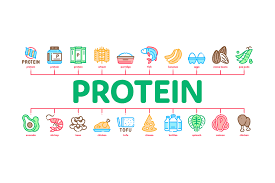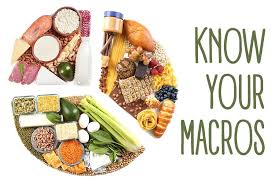Water is not just a simple thirst quencher; it’s a vital elixir that fuels our bodies, sharpens our minds, and elevates our performance. From boosting metabolism to replenishing energy levels and replacing lost fluids during exercise, the significance of staying adequately hydrated cannot be overstated.
Metabolism Booster:
Did you know that water plays a crucial role in metabolism? It’s not just about what you eat, but also about how efficiently your body processes nutrients. Drinking an ample amount of water helps to maintain proper metabolic function, aiding in the breakdown of food and the conversion of nutrients into energy. Without adequate hydration, your metabolism can slow down, making weight management more challenging.
Energy Enhancer:
Ever felt a midday slump and reached for a cup of coffee? While caffeine may provide a temporary boost, water is the true hero when it comes to sustained energy levels. Dehydration can lead to fatigue and decreased cognitive function, making simple tasks feel like a Herculean effort. By keeping yourself hydrated throughout the day, you’ll experience improved focus, productivity, and vitality.
Exercise Support:
When you hit the gym or engage in any physical activity, your body loses water through sweat. It’s essential to replenish these lost fluids to prevent dehydration, which can hamper your workout performance and recovery. Hydration before, during, and after exercise is key to maintaining optimal physical function, regulating body temperature, and supporting muscle function.
Recommendations:
So, how much water should you drink? While the “eight glasses a day” rule is a good starting point, individual hydration needs can vary based on factors like age, weight, activity level, and climate. A more personalized approach involves listening to your body’s thirst cues and aiming to drink enough water to keep your urine pale yellow. Additionally, incorporating water-rich foods like fruits and vegetables into your diet can contribute to your overall hydration.
Unknown Fact:
Here’s a fascinating tidbit: staying hydrated doesn’t just benefit your physical health—it can also impact your mood and mental well-being. Research suggests that even mild dehydration can affect cognitive function, mood, and concentration levels. So, the next time you’re feeling irritable or unfocused, try reaching for a glass of water before anything else.
In conclusion, water isn’t just a basic necessity; it’s a powerful tool for optimizing your health, performance, and overall well-being. By making hydration a priority in your daily routine, you’re not just quenching your thirst—you’re unlocking your full potential. Cheers to a healthier, happier you!




 A sluggish metabolism can be a frustrating roadblock on your journey to a healthier, more energetic life. Metabolism is the complex process by which your body converts food into energy, and it plays a crucial role in weight management and overall well-being. If you’ve been struggling with a slow metabolism, don’t worry; there are steps you can take to fix it and get your body working optimally. In this blog, we’ll explore six effective ways to rev up your metabolism and set you on the path to improved health.
A sluggish metabolism can be a frustrating roadblock on your journey to a healthier, more energetic life. Metabolism is the complex process by which your body converts food into energy, and it plays a crucial role in weight management and overall well-being. If you’ve been struggling with a slow metabolism, don’t worry; there are steps you can take to fix it and get your body working optimally. In this blog, we’ll explore six effective ways to rev up your metabolism and set you on the path to improved health.

